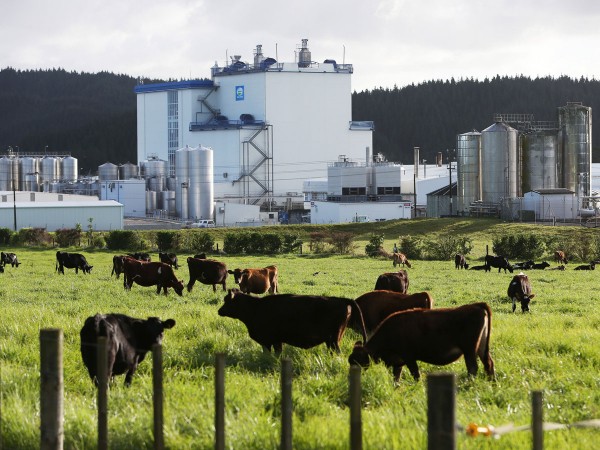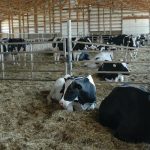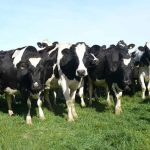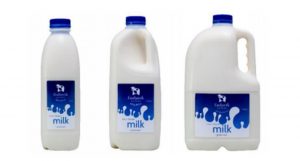
While the organisations have a long-standing working relationship, the new collaboration is based around DSM’s feed additive product Bovaer, which reduces methane emissions from cows by over 30% in non-pasture-based farming system.
While New Zealand dairy farms are acknowledged as having the lowest carbon footprint in the world among major milk producers, Fonterra says it recognises that biological emissions produced by cows are a major contributor to the country’s overall emissions and is working to do whatever it can to find ways to reduce them.
Fonterra group director Farm Source Richard Allen says that finding a solution to the methane challenge requires more than just the hard graft farmers are putting in.
“We need to find a breakthrough in reducing emissions from cows and Bovaer could provide exactly that. This work with DSM is an exciting opportunity for the Co-Op.”
Fonterra chief science & technology officer, Jeremy Hill, says the co-op wants to explore and validate how Bovaer could work here in New Zealand, where cows are predominantly fed grass.
“We also see this as an opportunity to further accelerate our global leadership in low-carbon dairy products to create more value for our New Zealand milk.”
“Fonterra is working closely with DSM New Zealand to ensure that any innovation is well tested and can easily be distributed and used by our farmers,” he says.
Mark van Niewland, global programme head for DSM Nutritional Products says they are proud to be in collaboration with Fonterra.
“Both companies have worked together for many years, and it’s a pleasure to extend this to the filed of sustainability and climate change,” he says.
“With Fonterra, we have an important partner to potentially commercialise Bovaer in New Zealand and globally. We look forward to combining our expertise and passion.”























